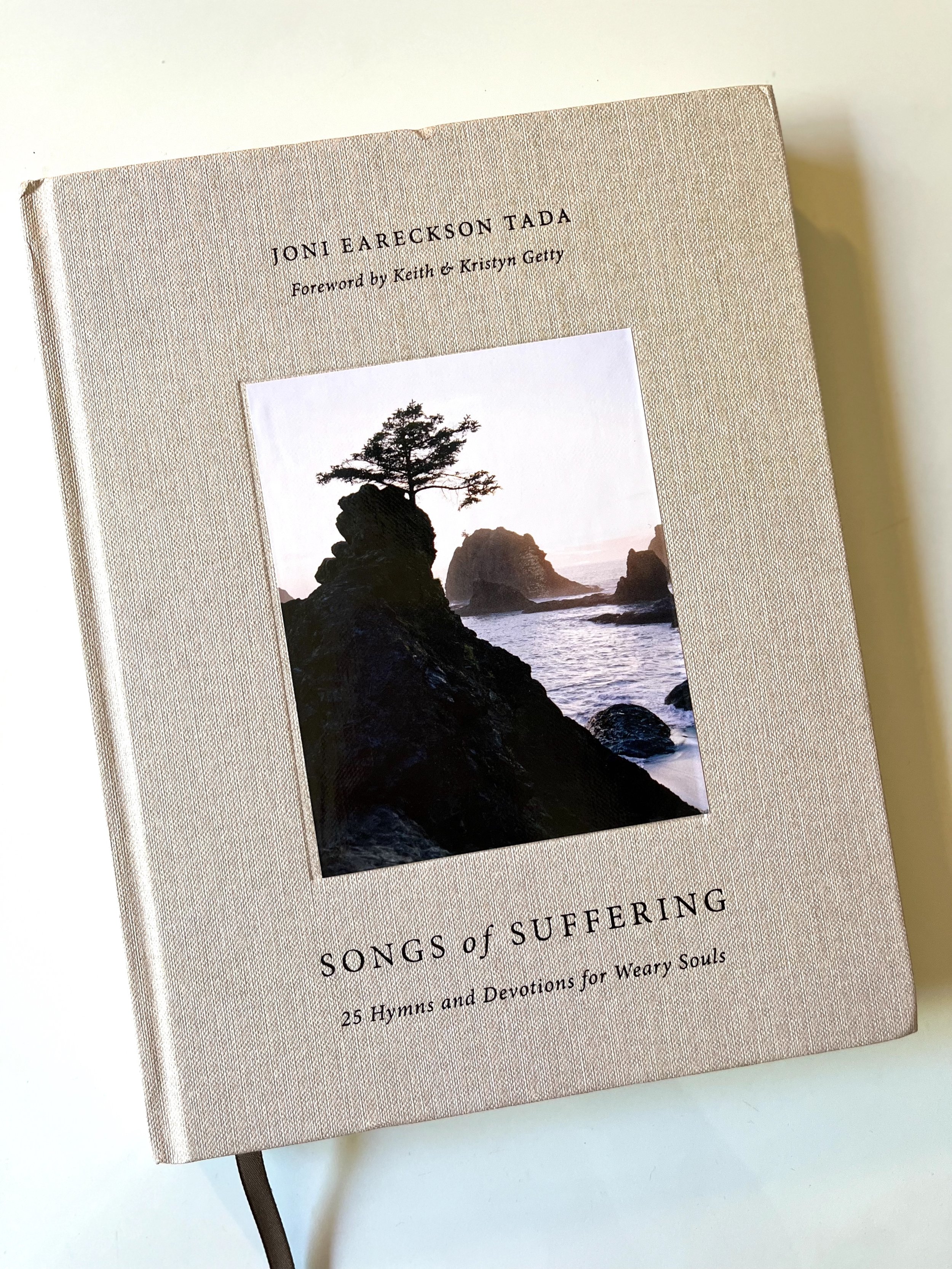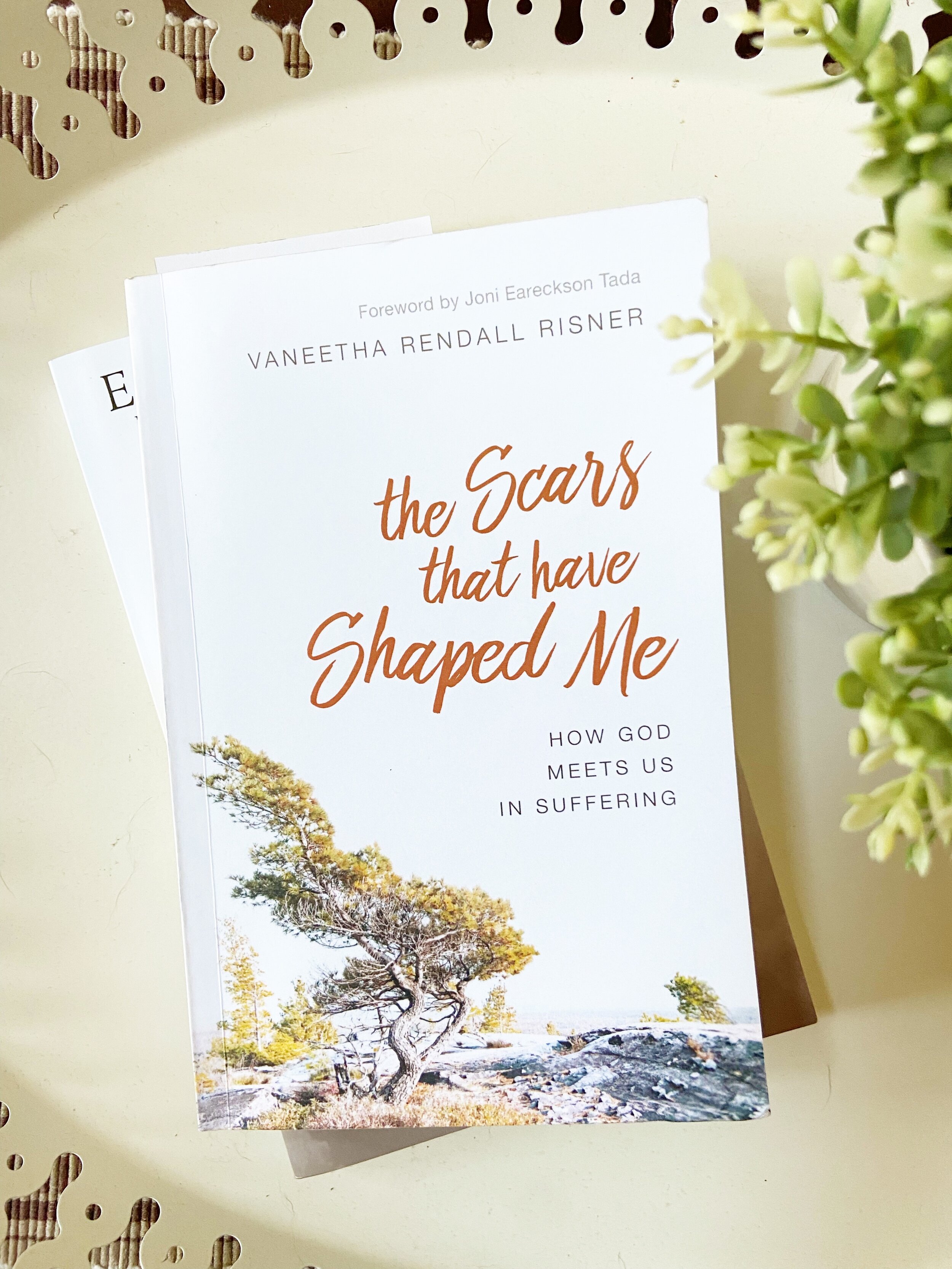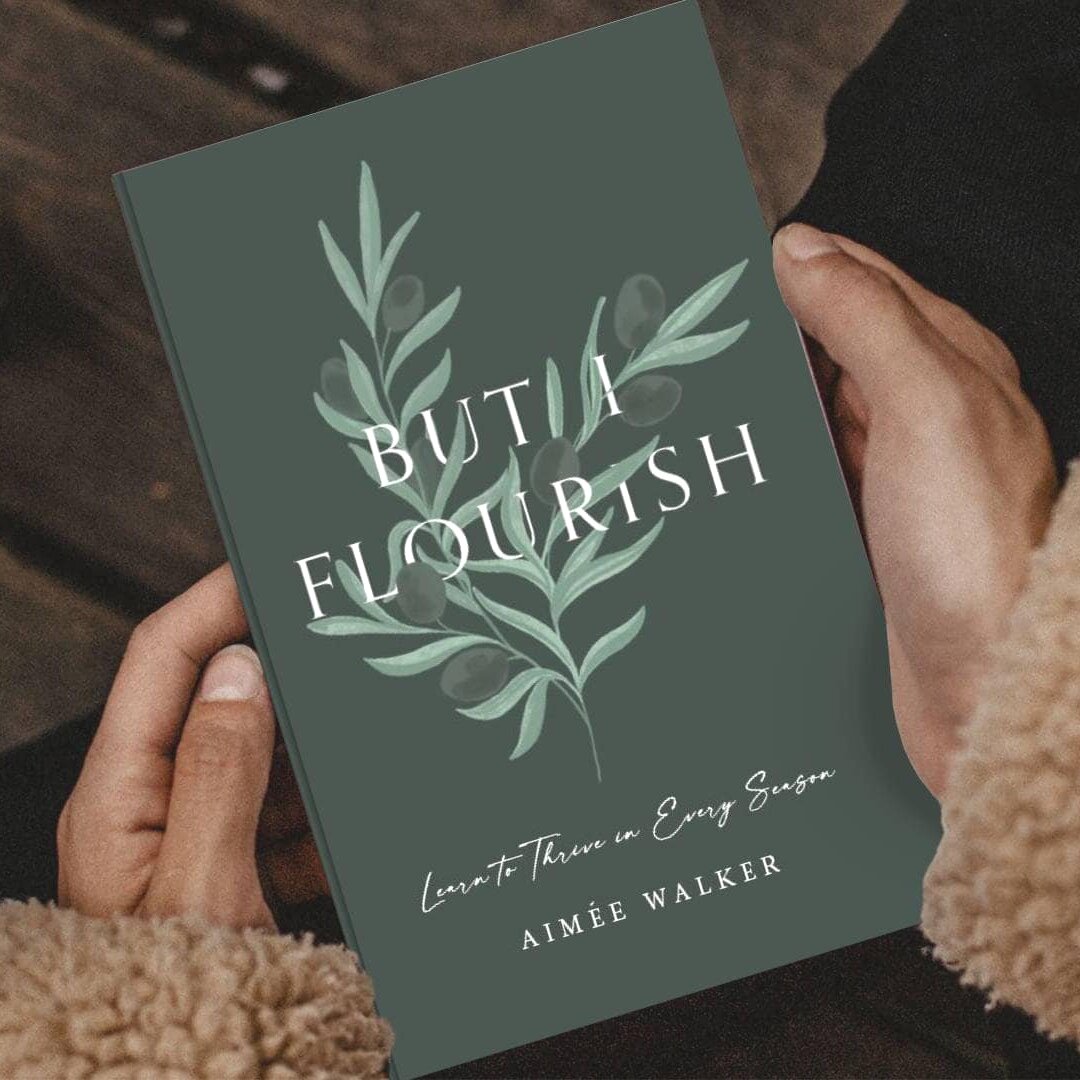Three Ways to Read Scripture — Nicole O'Meara
On a long drive down I-5, my husband and I binged on podcasts to pass the time. (One can only count cows for so long.) One podcast in particular got me thinking.
Content Classification System
In his episode "On Ultra-processed Content," Cal Newport made an analogy between ultra-processed foods and ultra-processed media content. He used a new food classification system to create his own media content classification system for the purpose of framing his own healthy media consumption plan.
In summary, the plan looks like this.
Minimally-processed whole foods, such as produce, are analogous to text-based media, such as books and articles. These are slow reads, written in prose, with complete paragraphs and correct grammar. Writing that makes you think. "As with whole foods, consuming writing tends to make us feel better, and we rarely hear concerns about reading too much."
Moderately-processed food, such as white bread, dry pasta, and canned soups, is analogous to electronic mass media, such as radio, television, podcasts, and newsletters. "The content itself can be valuable, but often times it’s not, and the ease of its delivery requires vigilance to protect against over-consumption."
Ultra-processed foods, such as lab-processed junk food (breaking down cheap stock foods and recombining them to be hyper-palatable), is analogous to social media. "The users of social media platforms simulate something like the food scientist’s ability to break down corn and reconstitute it into a hyper-palatable edible food-like substances. What is a TikTok dance mash-up if not a digital Dorito?"
Scripture Content Classification System
A similar connection can be made between how scripture and theological texts are processed and consumed.
Let’s categorize the three types of theological "food" groups.
Minimally-processed theology. This includes whole chapters of the Bible and books written by theologians. They are slow to digest and rich in spiritual nutrition.
Moderately-processed theology. This category is made up of sermons and commentaries. A carefully studied and delivered sermon will take a difficult passage of scripture or doctrine and explain it in a way that is easier to understand. Consequently, the consumption is more pleasurable. In this way, we must be careful not to over-consume. Listening to sermon podcasts non-stop is probably not the best way to feed our souls.
Ultra-processed theology. This category includes social media memes, short devotional collections, and YouTube videos. The danger with these texts is that we can feel spiritually filled while our souls are starving for nutrients necessary for healthy spiritual living. With ultra-processed theology, we are taking in just what feels good, not what is good for our bodies, minds, and souls.
To be clear, I am not saying devotionals are bad, never read them. (I write them, so that would be rather conflicting!) I am saying that we should fill our spiritual plates in proportion to what is good for us: more Bible reading and less social media memes, even theologically correct ones.
Three Types of Reading
Another way to think of this is how Tim Challies suggests we read, in general. He defines three types of reading:
Books to Read Slowly - Linger over them. Ponder. Write in the margins. Apply them to life.
Books to Read Quickly - Skim for nuggets. "These are the books that may have a good bit of value, but they are either not as good as some of the books you have already labored over or they fall into a category that is already plenty familiar to you."
Books to Read for Fun - Be entertained.
Like the spiritual plate analogy above, Challies recommends all three types of reading, but in proportion. "I have often found that people who struggle to read tend to mix these three categories or neglect the second. They assume that every book is worth the same amount of effort and then linger over books that aren’t worth lingering over. They often also fail to read for the simple pleasure of reading—to find books that require little of their minds and can be read for the sheer delight of reading."
In terms of scripture reading, there is room for all three types of reading.
Make Wise Choices
My encouragement is to be mindful of what you are reading and why. Just like your dinner plate, you are the one who controls how much to serve yourself. Make wise choices.
What are you reading now? Share in the Comments below so we can add something new to our TBR list.
I love sending my subscribers special goodies and encouragement straight to their inbox. One of those goodies is a list of 12 Verses to Help You Endure. I’d love to send it to you.
Featured
In Dr. Paul Brand’s book The Gift of Pain Brand says pain is the body's built-in warning system that something is wrong and needs to be fixed. Time and again, he found that lack of pain was his patient’s worst enemy. I nodded, understanding and wishing I didn’t.
A full review of Gentle and Lowly by Dane Ortlund—Why you should read it and how it will change you. Plus, a short review of Ragamuffin Gospel by Brennan Manning.
The first devotional made me cry, not out of sadness, but from a sense of connection I have never before felt to Joni. Joni knew what it was like for me because she had felt it too.
That feeling of being known and understood returned several times as I read through Songs of Suffering. Our situations are remarkably different, but Joni shares many of the same feelings I have experienced. Perhaps you too.
I have one more reason to love biographies — they help me appreciate people, even people I disagree with. When I learn how a person came to think and behave the way they do/did, it is much easier for me to understand what they said and why they said it. It’s like taking a crash course in one specific person’s life. Once I have learned to understand a person, I can learn to appreciate their impact on the world.
I’ve got a list to get you started. And if you already enjoy reading biographies, then you’ll love this list too because I’m confident you will find one or two that are new to you.
In The Scars That Have Shaped Me, Vaneetha Rendall Risner shares her story of life-long illness (Polio & Post-Polio Syndrome) and trials (death of a child and loss of her marriage) with simple writing and honesty.
A quick read packed with great theology. Vaneetha vulnerably reminds her reader of the unchanging character of God, even in the midst of illness and loss.
In Undone, Michele shares openly all the emotions and faith questions that she experienced through her cancer experience. In Relentless, Michele walks you through the next phase of her life when cancer returns, when the orphans they brought home become theirs for life, and when she grieves the loss of her Dad to his own battle with cancer. It is personal, gut-wrenching, and oh so relatable.
We all need friends like Jonathan and David in our lives—friends who remind us of who God is, who cause us to look upwards and not be overcome by our circumstances, friends who call forth what God has spoken over our lives and strengthen us to keep contending. But as much as we need them, we must also be them.
Have you ever re-read a favorite story from your childhood and thought, “Woah, were these messages in there the whole time?”
Something happens when we read children’s stories. Our hearts are open to messages of love and fear, struggles and redemption in ways that we would never grasp in a Sunday sermon.
Yes, they are great for my children, but hold on, they are good for me too!
Through a story written for children, my heart received the tender care it needed from my loving Father. His message of unconditional love got in. It cemented itself in my heart forever. It is part of me now.
That’s the power of children’s stories as soul care.
Devotionals are a great way to start a habit of meeting daily in a Quiet Time with God. If you’d like help starting a daily devotion time, please email me or leave a comment below. I’d love to help you. I’m thankful for quality devotionals that lead me to a scripture and give me something to think on during a busy day or busy season.
Here are a few devotionals that I’ve had my hands on recently.
Missionary, Amy Carmichael, made a sign with the words, “In everything, give thanks,” and marked each corner with the initials of hardships she was enduring. She gilded the edges and hung that sign in her cabin. Every time she looked upon it, she thanked God for the things represented by those initials, including rats and cockroaches.
Upon reflection, I realized I have never thanked God for my undiagnosed bleeding disorder. I have not thanked him for a horrendous experience in the ICU or for the loss of my lung. I did thank him for teaching me beautiful truths through those experiences but I have never thanked him for the experiences themselves.
So, I made my own sign, “In everything give thanks,” and I jotted down initials of my own personal sufferings in the corners and I placed it on my bedside table. Because I love this lesson so much, I made signs for you too. You can download a card and write your own initials in the corners.

















